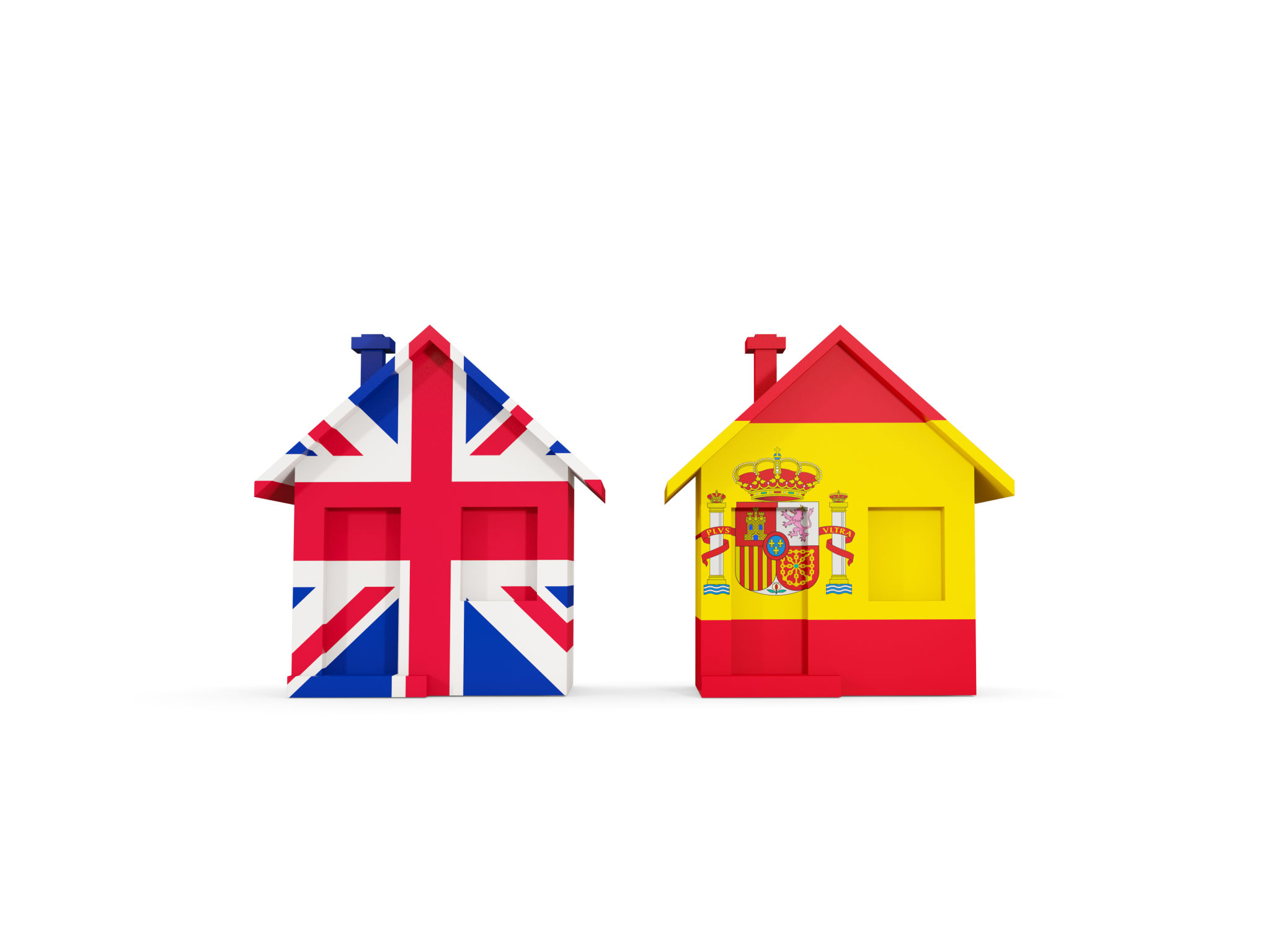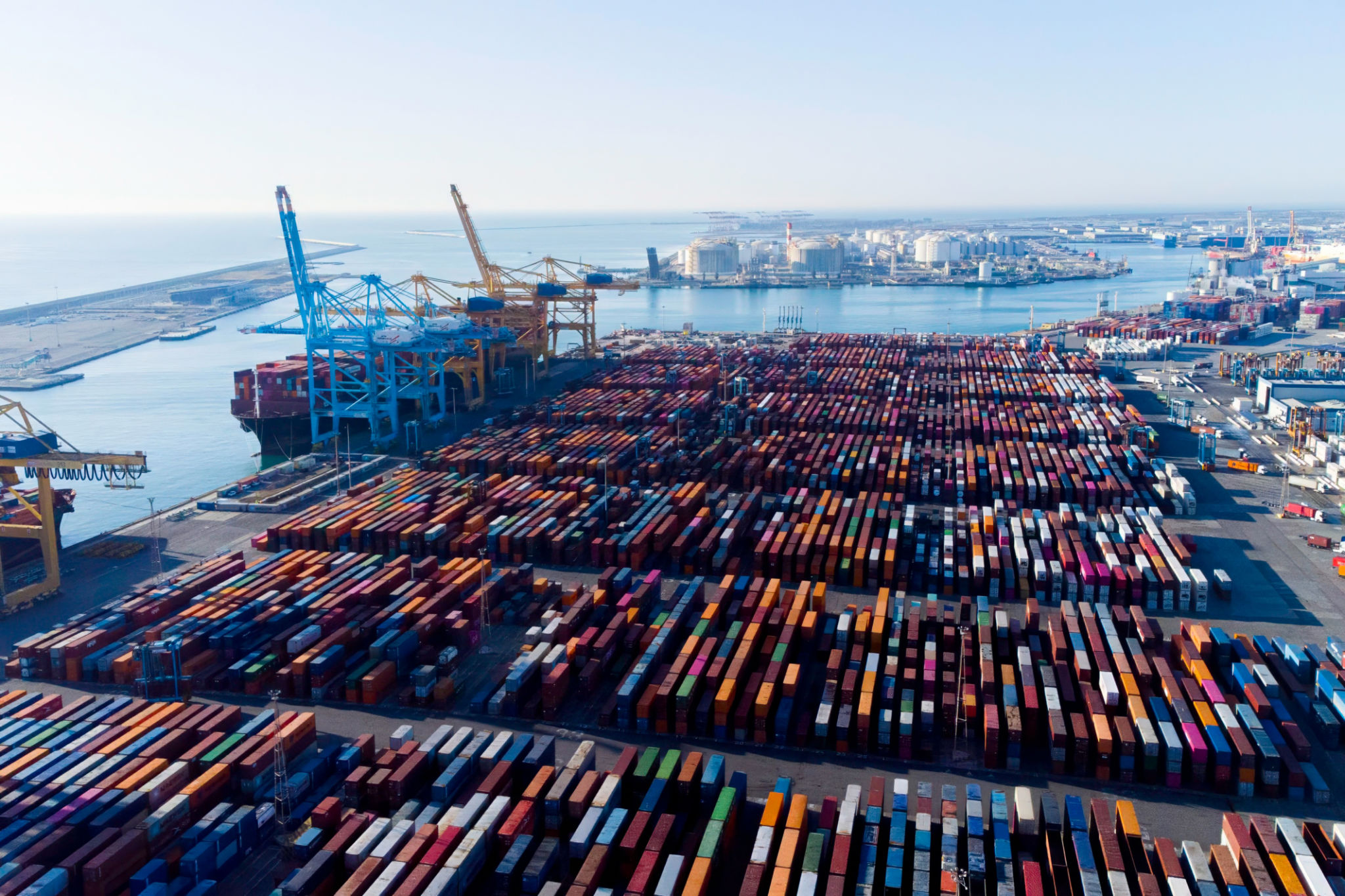Ultimate Guide to International Removals: UK to Spain
Planning Your Move
Moving from the UK to Spain is an exciting opportunity, but planning is essential to ensure a smooth transition. Start by creating a comprehensive checklist that includes all tasks you need to accomplish before the move. This list should cover everything from securing a moving company to dealing with necessary paperwork.
When choosing a moving company, it's crucial to select one experienced in international removals. They should offer a range of services, from packing and transport to customs clearance assistance. Obtain multiple quotes and read reviews to make an informed decision.

Understanding Customs and Regulations
One of the most critical aspects of international removals is understanding the customs regulations between the UK and Spain. Ensure that you are familiar with what items can be brought into Spain and any associated duties or taxes. Most household goods can be imported duty-free, but there are exceptions for certain items such as vehicles and alcohol.
Prepare detailed inventories of your belongings, which will be necessary for customs declarations. It’s often helpful to have these documents translated into Spanish to avoid any language barriers. Consulting with your moving company can also provide clarity on these regulations.

Packing Tips for a Safe Move
Packing efficiently is key to ensuring your belongings arrive safely. Begin by decluttering and deciding what items you truly need to bring with you. Consider selling, donating, or storing items that won’t be necessary in your new home.
When packing, use high-quality materials such as sturdy boxes, bubble wrap, and packing tape. Label each box clearly with its contents and the room it belongs in, which will simplify the unpacking process in Spain. Fragile items should be given special attention with additional cushioning.
Managing Logistics and Transportation
Coordinating logistics for an international move can be complex, so it’s beneficial to start planning well in advance. Determine whether you’ll be shipping your belongings by sea or road, as this will affect both cost and timing. Sea freight is typically more cost-effective but takes longer, whereas road transport is quicker but more expensive.

If you’re moving a vehicle, research the process for importing it into Spain. This often involves specific documentation and modifications to meet Spanish regulations. Consider whether it’s more practical to sell your vehicle in the UK and purchase a new one after your move.
Navigating Language and Cultural Differences
Adapting to a new culture is an integral part of moving abroad. Learning Spanish is highly recommended, as it will greatly enhance your ability to integrate into society. Even basic language skills can make daily interactions more comfortable and enjoyable.
Take some time to familiarize yourself with Spanish customs and traditions. Understanding cultural nuances can help you build relationships with locals and settle into your new environment more smoothly. Engage with local communities or expatriate groups for support and advice.

Settling Into Your New Home
Once you arrive in Spain, your focus will shift to settling into your new home. Arrange for utilities such as water, electricity, and internet ahead of time to ensure a seamless arrival. It’s also wise to register with local authorities if required by law.
Unpack systematically, starting with essential items that you’ll need immediately. Take this opportunity to arrange your new home in a way that suits your lifestyle while embracing the Spanish way of living. Remember, settling in takes time, so be patient with yourself during this transition.

By following these guidelines, you can turn what might seem like a daunting move into an exciting adventure. With careful planning and a positive attitude, your transition from the UK to Spain can be both seamless and rewarding.
